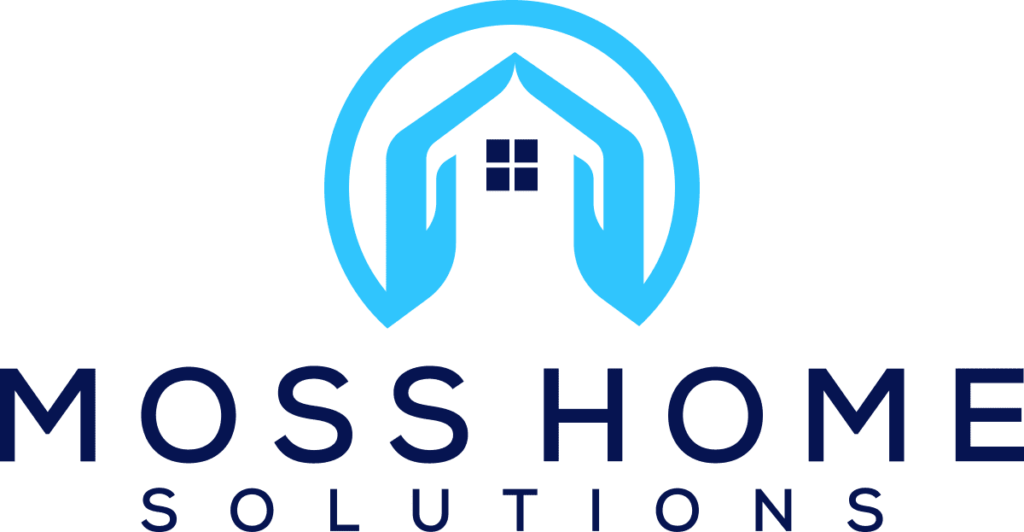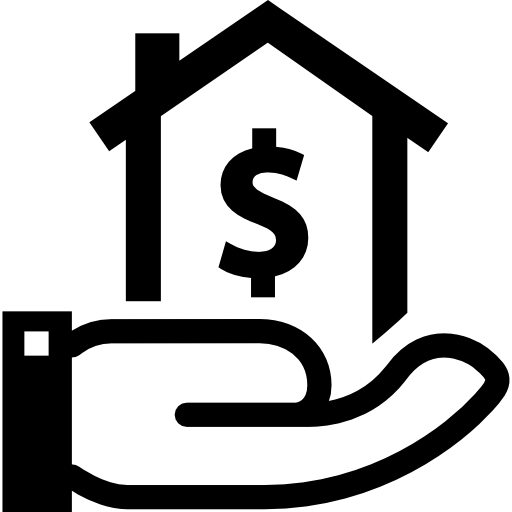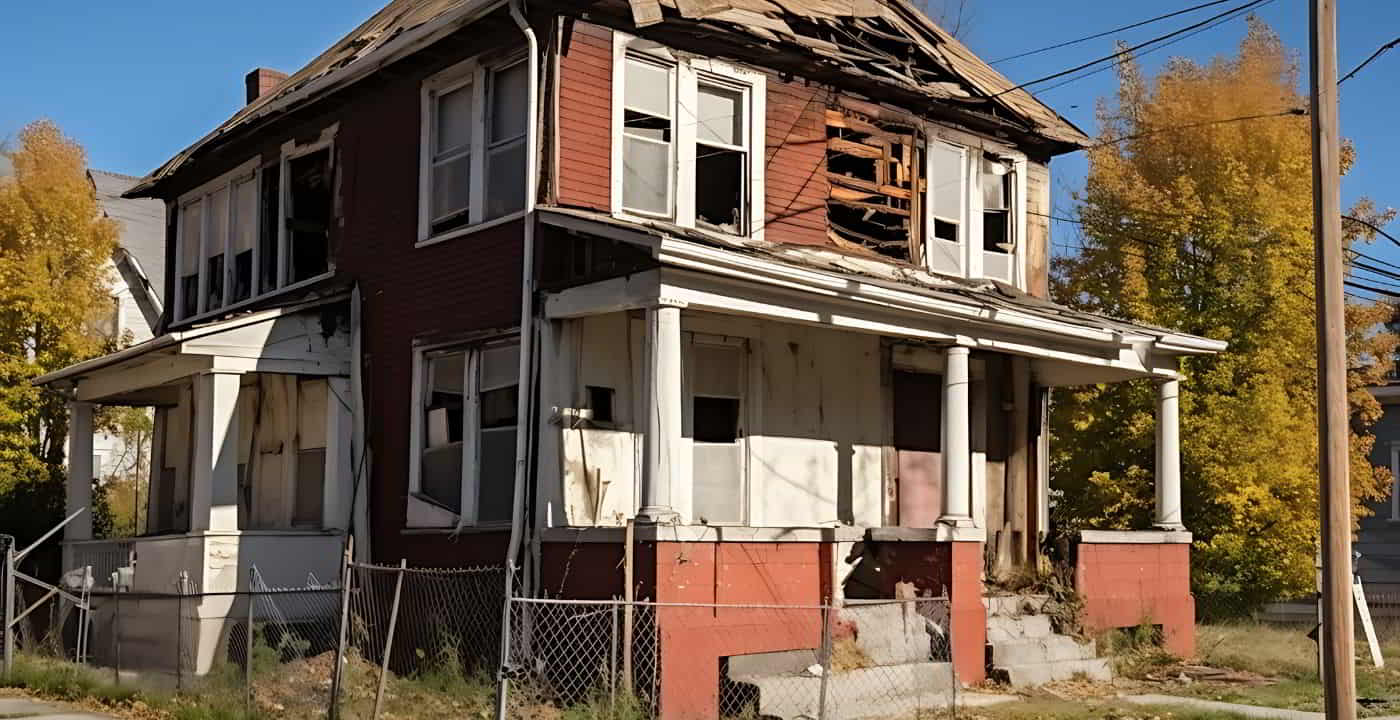Selling a house with code violations can feel like a steep uphill climb. You might be staring down issues like outdated wiring, structural problems, or fire safety concerns. Can a house with such issues really be sold?
Yes, it can. But requires a strategic approach.
We’ll walk you through selling a house with code violations. We’ll cover your options, legal obligations, and practical steps to make the process smoother.
Key Notes
- Yes, you can sell a home with code violations. But be ready: your buyers are likely looking for investment deals or renovation projects.
- Common violations include electrical problems, plumbing issues, HVAC faults, fire safety concerns, and structural defects.
- Disclosure is key. Most states require you to inform buyers about any known code violations.
- Repairs can be costly. Expect costs from $120 to $15,000 depending on the issue.
As-Is Home Sales with Code Violations
Selling a home as-is with code violations can be challenging, but is possible.
Selling your home “as-is” means you won’t make any repairs before the sale. This can be a viable option if you don’t have the time or money to fix code violations. However, you must communicate this to potential buyers and be prepared for a lower sale price.
Buyers assume all responsibility for repairs and bringing the home up to code in an as-is sale. This can appeal to investors or buyers looking for a project, but it also means you need to be upfront about the house’s condition to avoid future disputes.
Code Violation Disclosure Laws
In most states, sellers must legally disclose known material defects and code violations to buyers. You must inform potential buyers if your house has issues that don’t meet local building codes.
In states like Massachusetts, disclosing any issues that could affect a buyer’s decision to purchase your house is important. Failing to make these disclosures can break the trust needed for such a major transaction between buyer and seller.
Legal Consequences of Non-Disclosure
If you don’t disclose known violations, you could face legal action from the buyer after the sale.
They might sue for the cost of repairs, and you could end up paying much more than if you had been upfront about the issues from the start.
Types of Building Code Violations
Electrical Code Violations

- Outdated Wiring: Homes with knob-and-tube wiring are no longer up to modern electrical standards.
- Overloaded Circuits: Circuits that handle more current than they are designed for pose serious risks.
- Improper Connections: Non-compliant or poorly executed electrical connections.
HVAC Violations
- Inadequate Ventilation: Lack of proper exhaust systems in bathrooms or kitchens.
- Incorrect System Size: Heating or cooling systems that do not match the size requirements of the house.
- Faulty Installation: Poorly installed ductwork that compromises system efficiency.
Plumbing Code Violations

- Leaks and Drips: Issues like leaky faucets.
- Sewage Issues: Improper sewage disposal or cracked sewer pipes.
- Water Heater Problems: Incorrectly installed or non-compliant water heaters.
Fire Safety Violations
- Smoke Detectors: Missing or non-functioning smoke detectors.
- Blocked Exits: Fire exits that are obstructed or inadequately designed.
- Escape Routes: Bedrooms without adequately sized windows for emergency exits.
Structural Violations

- Foundation Issues: Problems with the structural integrity of the foundation.
- Roofing Problems: Compromised roof that may lead to leaks or collapses.
- Load-Bearing Walls: Issues with walls that are crucial for the building’s stability.
Estimating Repair Costs
Fixing code violations can be expensive, often running into the thousands or even tens of thousands of dollars.
Common issues like outdated electrical systems, plumbing problems, or structural damage can be costly. It’s important to get quotes from contractors to understand the potential financial impact.
| Type of Violation | Average Cost to Fix |
|---|---|
| Foundation Repairs | $250 - $15,000 |
| Electrical Code Violations | $150 - $4,000 |
| Plumbing Violations | $1,450 - $15,000 |
| HVAC Violations | $600 - $6,000 |
| Roof Repairs | $1,850 - $8,200 |
| Wall Cracks and Stabilization | $250 - $500 |
| Leaky Faucets and Minor Plumbing | $120 - $400 |
| Fire Safety Violations | $20 - $150 for smoke detectors; up to $7,000 for larger issues |
Planning for Repairs
Once you know the estimated costs, you can decide whether to make the repairs yourself or adjust your sale price accordingly.
Sometimes, investing in repairs can make your home more attractive to buyers and help you get a better price. Other times, letting the buyer handle the repairs might make more sense.
Inspection Process
Once repairs are made, you’ll likely need to schedule an inspection to ensure the work complies with local codes. This inspection is crucial to proving that violations have been addressed, which can help reassure buyers and smooth the sale process.
Municipal Code Violations
In Rhode Island, municipal code violations refer to breaches of local ordinances that govern various aspects of property maintenance, safety, and community standards.
These violations can significantly impact homeowners, buyers, and the overall neighborhood. Here are a few municipal code violations you might encounter in Rhode Island:
- Unpermitted Construction: Adding a deck, room, or other structures without obtaining the necessary permits.
- Structural Issues: Problems with the foundation, roof, or load-bearing walls that don’t meet code requirements.
- Improper Use of Materials: Using non-compliant materials in construction, which can lead to safety issues and durability problems.
Planning for Repairs
Once you know the estimated costs, you can decide whether to make the repairs yourself or adjust your sale price accordingly.
Sometimes, investing in repairs can make your home more attractive to buyers and help you get a better price. Other times, letting the buyer handle the repairs might make more sense.
Market Impact of Code Violations
Homes with known code violations typically sell at a discount compared to code-compliant homes. Pricing your home accordingly is essential to attract buyers willing to make the repairs.
Pricing
Work with a real estate agent to determine a fair price for your home, considering the extent of the code violations. Being realistic about your home’s condition and setting a competitive price can help you sell faster and avoid prolonged negotiations.
Reduced Buyer Pool
Many buyers include a home inspection contingency in their offer, meaning they can back out of the sale if the inspection uncovers major code violations.
Here are some reasons why code violations might scare off buyers:
- Difficulty in Getting Financing: Many lenders won’t approve a mortgage for a property with unresolved code violations. Without financing, buyers can’t proceed with the purchase.
- Insurance Issues: If a home isn’t up to code, it’s considered more risky to insure. This means higher insurance premiums, which not all buyers are willing or able to pay.
- Title Problems: If there are code violations, there may also be issues with the home’s title, such as unpaid fines or liens. These need to be resolved before the title can be transferred to a new owner, adding another layer of complication.
Insurance Considerations for Properties with Code Violations
Insurance companies protect homeowners against risks like fire, theft, and natural disasters. When it comes to properties with code violations, insurers are particularly cautious.
Code violations can indicate that a property is more susceptible to damage or loss, which increases the insurer’s risk. Therefore, they may impose stricter terms, higher premiums, or even refuse coverage altogether until the violations are addressed.
Practical Steps You Can Take
- Keep detailed records of all repairs made to address code violations. This documentation can be crucial when negotiating with insurance companies.
- Install smoke detectors and fire extinguishers to enhance the overall safety of the property.
- Perform regular maintenance on the property to prevent future code violations and to show insurers that the home is well-cared for.
Frequently Asked Questions
What is the most common building code violation?
The most common building code violations include improper electrical wiring, lack of smoke detectors, and plumbing issues. These are often discovered during inspections and can be relatively straightforward to fix.
Does a house have to be up to code to sell?
Legally, a house doesn’t have to be up to code to be sold, but disclosing any violations is crucial. The main impact is on the sale price and the type of buyer your home will attract. Buyers willing to take on a fixer-upper will expect a lower price.
Conclusion
Selling a house with code violations in 2025 is possible but requires careful planning and transparency. Understanding your legal obligations, estimating repair costs, and considering your selling strategy can help you navigate the process successfully.
Always seek professional guidance to comply with all regulations and make informed decisions. And if you fail to fix the code violation, remember that you can always sell your property as-is. Contact us for an instant cash offer.





